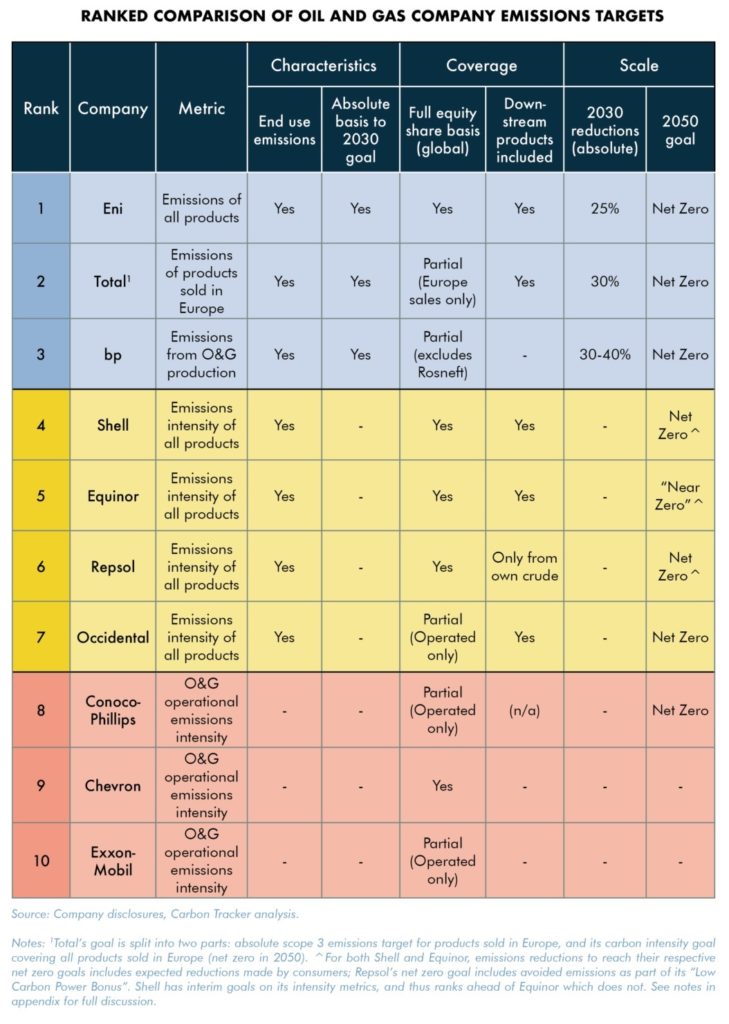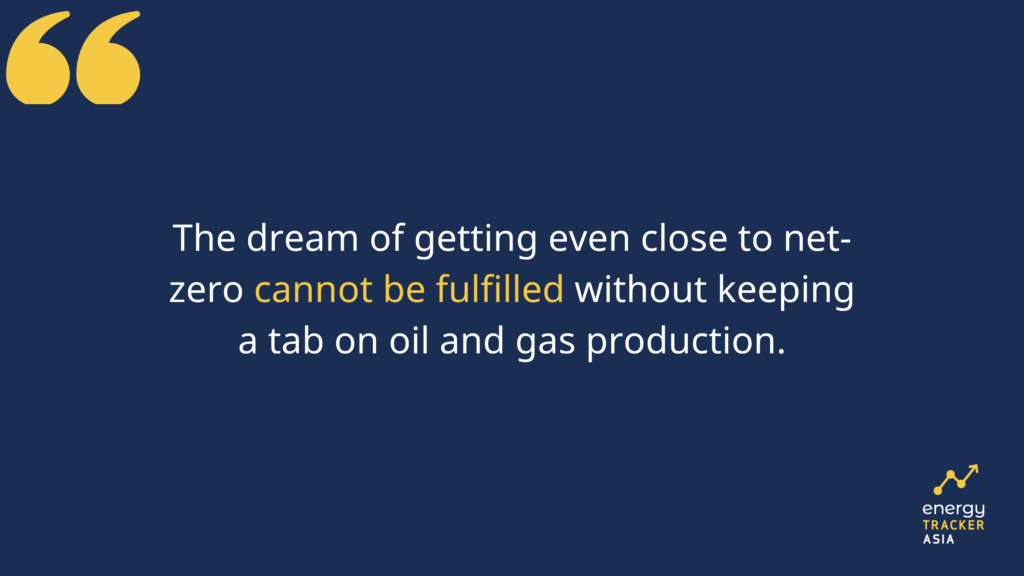The Reality of Oil and Gas Industry’s Net-Zero Commitments
22 June 2022 – by Ankush Kumar
With increasing climate catastrophes, the call for net-zero emissions by 2050 is growing. Climate advocates expect crucial decisions towards this goal in the upcoming UN Climate Summit COP26 in Glasgow. On one hand, coal-fired power plants worldwide are under tremendous pressure due to rising animosity and shrinking funds. On the other hand, oil and gas companies continue to propagate their future viability to the world.
Net Zero Oil and Gas – Are New Projects on a Carbon Free Pathway?
The dream of getting even close to net-zero cannot be fulfilled without keeping a tab on oil and gas production. According to McKinsey, the industry accounts for 42% of the global greenhouse gas emissions. With such a significant share, how realistic would it be to reach the emission target without compromising the core business? The International Energy Agency (IEA) answered this in its report “Net Zero by 2050”. Accordingly, no new oil and natural gas fields can fit on the path to carbon neutrality. Furthermore, when energy security matters are taken into account, renewables come out on top.
The report triggered several conversations in the energy sector. Fossil fuel lobbyists believe that the IEA’s suggested pathway to net-zero is unrealistic. Chinese energy experts withstand the agency’s focus on improving technological innovation. However, they also point out that rapidly phasing out coal plants, oil and gas fields could destabilise energy supplies. They instead suggest a gradual phase-out. Moreover, they termed natural gas as the cleanest fossil fuel, with it being vital for net zero.
The Context, a magazine published by the Canadian Association of Petroleum Producers, also criticises the IEA’s vision for net-zero as impractical. The publication stated that oil and gas exporting countries would see an average 70% drop in revenues in the agency’s scenario. Such revenue loss would result in “unprecedented social and political upheaval” in Canada.
Companies Committed to Net-Zero
According to the same IEA report, the number of countries that have pledged to achieve net-zero emissions now covers around 70% of global emissions of CO2. Remarkably, several global fossil fuel companies have also revealed their climate commitments. In February 2020, the British multinational oil and gas company BP announced net-zero carbon emissions by 2050 or sooner. A few months later, France’s Total and Netherland’s Royal Dutch Shell declared their plans to reach climate neutrality by mid-century. The same year US multinational energy firms ExxonMobil and Chevron also committed to reducing their carbon intensity. Similarly, the Spanish oil and gas company Repsol and state-held PetroChina have pledged to cut emissions to “near zero.” However, when IEA came up with the roadmap to reach net-zero and limit the rise in global temperature to 1.5 °C, many fossil fuel companies joined in their critique of it.

How Can the Oil and Gas Industry Reduce Carbon Emissions? NGOs Demand Clarity
Consequently, activists and NGOs are questioning the climate commitments of oil companies. Many of them keep options to increase fossil fuel production, according to Carbon Tracker. Most companies claim to balance out emissions by investing in renewable energies, planting more trees, or using carbon capture technologies. Could this be a credible way for net zero oil and gas? This spurs on the call for transparency that revolve around emissions reduction technology and if actions are actually undertaken.
Some climate advocates have taken legal action against oil and gas companies. For example, the Australasian Centre for Corporate Responsibility (ACCR) challenged Australian oil and gas major Santos Ltd in court. The group questions Santos’ claim that natural gas is clean. In response, Santos stated that its 2040 targets are supported by a transition roadmap that is achievable. ACCR stated that this was a clear case of greenwashing and misled investors and stakeholders. “More than 80% of Santos’ net-zero plan relies on Carbon Capture and Storage (CCS),” said Dan Gocher. The group’s climate and environment director added that the fossil fuel sector used the CCS technology “to justify business as usual” and termed it “expensive and unreliable”.
Greenwashing on Net Zero by Oil and Gas Companies
The Greenwashing Files, a report released by NGO ClientEarth, highlighted how the world’s largest oil and gas companies net zero commitments used advertising to influence public opinion. It analysed the claims from oil and gas giants including Chevron, Exxon, Aramco, Shell and Total.
The report stated that they, “routinely misrepresented the sustainability of their activities…It [avoids] the full scale of their greenhouse gas emissions, overrepresented clean energy investments and promoted commercially unproven ‘solutions.’”
Pundits suggest that for net zero emissions oil and gas, the industry must set interim targets before 2050. In comparison, over 4,500 non-state actors from around 92 countries have committed to halving their emissions by 2030, fossil fuel companies still have a long way to go.




